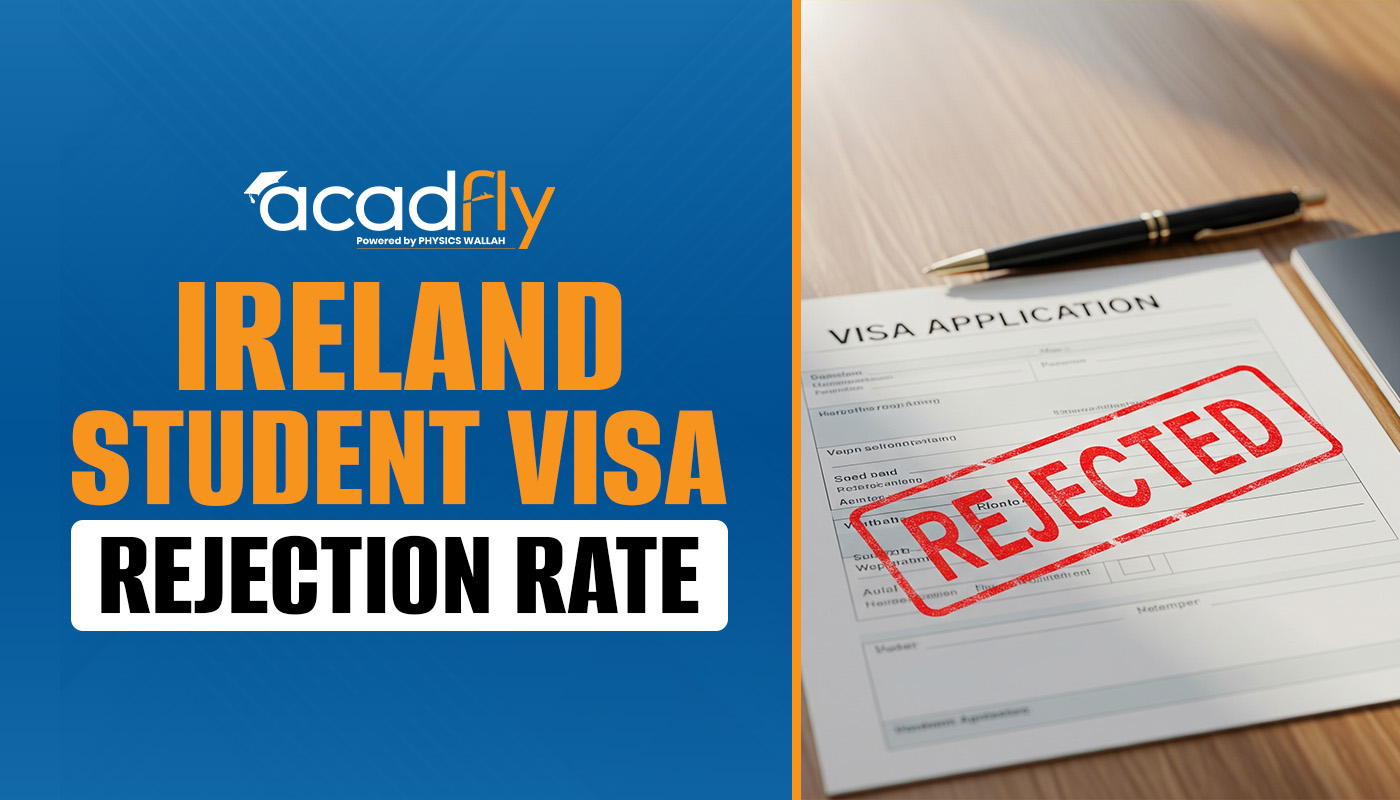
Canada is a prime destination for international students, offering high-quality education and a diverse cultural experience. Many prospective students holding a three-year bachelor's degree from their home country often wonder if they qualify for further studies in Canada. Fortunately, numerous Canadian universities accept three-year bachelor's degrees for admission into their postgraduate programs. This article delves into the details of universities in Canada accepting 3 years bachelor's degrees, and provides insights into related programs and requirements.
Understanding the Canadian Education System
The Canadian education system typically involves a four-year bachelor's degree. However, recognizing the diversity in global education systems, many Canadian universities have adapted their admission criteria to accommodate three-year bachelor's degrees from countries like India, the UK, and other Commonwealth nations. This flexibility has opened doors for many international students aspiring to study in Canada.
Top Universities in Canada Accepting 3-Year Bachelor's Degrees
1. University of Toronto
The University of Toronto, one of Canada's most prestigious institutions, accepts three-year bachelor's degrees from recognized universities worldwide. They evaluate applications on a case-by-case basis, focusing on the academic rigor and reputation of the applicant's undergraduate institution.
2. University of British Columbia (UBC)
UBC is another top-tier university that accepts three-year bachelor's degrees for its graduate programs. The university's admissions committee assesses each applicant's academic background, ensuring that the degree is equivalent to a Canadian four-year bachelor's degree in terms of content and quality.
3. McGill University
McGill University, renowned for its research and academic excellence, also accepts three-year bachelor's degrees. The university looks for a strong academic record and relevant coursework that aligns with the intended graduate program.
4. University of Alberta
The University of Alberta accepts three-year bachelor's degrees from recognized institutions, particularly from countries with a similar education system to Canada. Applicants must demonstrate a solid academic performance and meet specific program prerequisites.
5. Simon Fraser University
Simon Fraser University (SFU) welcomes applicants with a three-year bachelor's degree. SFU considers the overall academic performance, the reputation of the awarding institution, and the relevance of the undergraduate degree to the graduate program.
6. York University
York University offers a flexible admissions process for students with a three-year bachelor's degree. The university evaluates each application holistically, considering academic achievements, professional experience, and the fit with the chosen program.
7. University of Ottawa
The University of Ottawa accepts three-year bachelor's degrees for many of its graduate programs. The admissions committee looks for equivalent academic credentials and relevant experience that align with the program requirements.
8. Concordia University
Concordia University is known for its inclusive admission policies, accepting three-year bachelor's degrees from recognized institutions. The university assesses the academic rigor and relevance of the undergraduate degree in relation to the chosen graduate program.
9. University of Manitoba
The University of Manitoba accepts three-year bachelor's degrees from institutions with a compatible education system. The admissions process involves evaluating the academic background and ensuring it meets the program's standards.
10. University of Calgary
The University of Calgary considers applicants with a three-year bachelor's degree, particularly from countries with a similar educational framework. The university looks for strong academic performance and relevant coursework.
Table: Canadian Universities Accepting 3-Year Bachelor's Degrees
|
University |
Special Requirements |
|
University of Toronto |
Case-by-case basis, recognized universities |
|
University of British Columbia |
Equivalent academic rigor, recognized universities |
|
McGill University |
Strong academic record, relevant coursework |
|
University of Alberta |
Recognized institutions, solid academic performance |
|
Simon Fraser University |
Overall academic performance, relevance of undergraduate degree |
|
York University |
Holistic evaluation, professional experience |
|
University of Ottawa |
Equivalent academic credentials, relevant experience |
|
Concordia University |
Academic rigor, relevance to the graduate program |
|
University of Manitoba |
Compatible education system, academic background evaluation |
|
University of Calgary |
Similar educational framework, strong academic performance |
Admission Process for Students with 3-Year Bachelor's Degrees
1. Research and Preparation
The first step for prospective students is to research the specific requirements of each university and program. Understanding the prerequisites and ensuring that their three-year degree meets these criteria is crucial.
2. Credential Evaluation
Many universities require an official credential evaluation to determine the equivalency of a three-year bachelor's degree to a Canadian four-year degree. Services like World Education Services (WES) provide these evaluations, which are often a prerequisite for the application process.
3. Application Submission
After the credential evaluation, students must prepare their application package. This typically includes academic transcripts, letters of recommendation, a statement of purpose, and proof of English language proficiency (e.g., IELTS or TOEFL scores).
4. Meeting Specific Program Requirements
Each program may have unique requirements, such as relevant work experience, portfolio submissions, or additional testing (e.g., GRE or GMAT). Applicants should ensure they meet these specific criteria to strengthen their application.
5. Follow-Up and Interviews
Some programs may require an interview as part of the admissions process. Students should be prepared to discuss their academic background, career goals, and why they are interested in the specific program.
Advantages of Studying in Canada with a 3-Year Bachelor's Degree
1. High-Quality Education
Canadian universities are renowned for their academic excellence, research opportunities, and state-of-the-art facilities. Students benefit from a world-class education that is recognized globally.
2. Cultural Diversity
Canada is known for its multicultural environment, offering a welcoming atmosphere for international students. This cultural diversity enriches the student experience and provides a global perspective.
3. Post-Graduation Opportunities
Graduates from Canadian universities have access to various post-graduation work opportunities. Canada offers a Post-Graduation Work Permit (PGWP) that allows students to gain valuable work experience in the country.
4. Permanent Residency Pathways
Canada provides several pathways for international students to obtain permanent residency. Programs like the Canadian Experience Class (CEC) and Provincial Nominee Programs (PNPs) offer streamlined processes for skilled graduates.
Challenges and Considerations
1. Credential Recognition
Not all three-year bachelor's degrees may be considered equivalent to a four-year degree in Canada. Students should ensure their degree meets the university's standards and seek credential evaluation if necessary.
2. Program-Specific Requirements
Certain programs may have stringent entry requirements, including prerequisite courses or relevant work experience. Applicants should thoroughly review these requirements before applying.
3. Financial Planning
Studying in Canada can be expensive, and international students should plan their finances accordingly. This includes tuition fees, living expenses, and other associated costs.
4. Visa and Immigration
Obtaining a study permit and meeting immigration requirements is crucial for international students. Students should ensure they meet all visa criteria and deadlines to avoid any complications.
Conclusion
In conclusion, several prestigious universities in Canada accept three-year bachelor's degrees for their graduate programs, opening doors for international students from various educational backgrounds. Prospective students should thoroughly research each university's requirements, ensure their credentials meet the necessary standards, and prepare a strong application package.
With the right preparation and understanding of the process, students can achieve their academic and career goals in Canada. For personalized guidance and support in navigating the application process and finding the right programs, consider partnering with AcadFly, a leading educational consultancy. AcadFly offers expert advice, comprehensive services, and dedicated support to help you succeed in your journey to study in Canada.
Studying in Canada with a 3-Year Bachelor's Degree
1. Can I pursue a master's degree in Canada with a 3-year bachelor's degree?
Answer: Yes, many Canadian universities accept three-year bachelor's degrees for master's programs.
2. Do I need a credential evaluation for my 3-year bachelor's degree to be accepted in Canada?
Answer: Often recommended. Services like WES provide evaluations to confirm equivalency to a Canadian four-year degree.
3. Are there any additional requirements for applying with a 3-year bachelor's degree?
Answer: Some programs may require work experience, portfolios, or additional tests (e.g., GRE).
4. Which universities in Canada accept 3-year bachelor's degrees?
Answer: Universities like the University of Toronto, UBC, McGill, University of Alberta, and York University accept them.
5. What advantages are there in studying in Canada with a 3-year bachelor's degree?
Answer: High-quality education, cultural diversity, post-graduation work opportunities, and pathways to permanent residency.
Frequently Asked Questions










